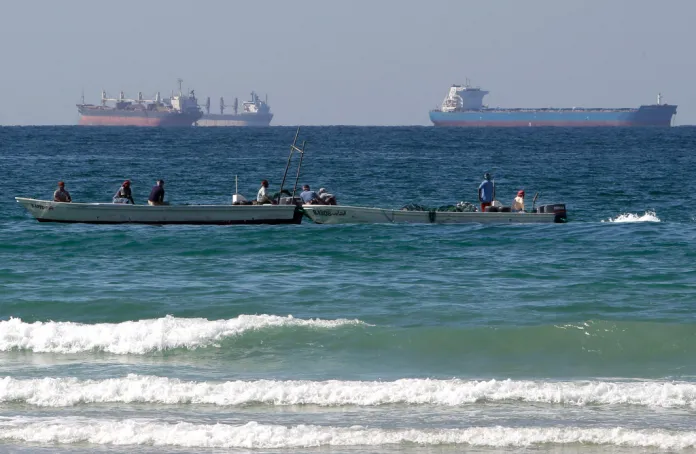Cruise ships present concerning new front for drug smuggling
The article discusses concerns raised by a department of Homeland Security (DHS) audit regarding the insufficient efforts by U.S. Customs and Border Protection (CBP) to intercept drug smuggling via cruise ship passengers entering the United States.The DHS Office of Inspector General’s report highlights that CBP conducts minimal secondary inspections of passengers and crew disembarking cruise ships, potentially missing opportunities to seize illicit drugs and contraband. This issue is notably meaningful given the volume of cruise passengers-over 53 million in 2023 and 2024-and the busy cruise routes in locations such as San Juan, Puerto Rico, Seattle, and Miami, which are considered prime channels for drug trafficking.
The National Crime Prevention Council supports the audit’s findings and calls for greater CBP enforcement alongside a thorough drug policy to address manufacture, distribution, and demand. CBP has accepted recommendations to improve monitoring by conducting semiannual reviews of their interdiction efforts. Meanwhile, the Cruise Lines International Association affirms the industry’s commitment to passenger and crew security and cooperation with law enforcement when illegal activities are suspected. the article highlights a growing security challenge posed by cruise ships used as drug smuggling routes and underscores the need for enhanced customs inspections at U.S. ports.
Cruise ships present concerning new front for drug smuggling
A Department of Homeland Security auditor is concerned that United States customs officers may not be doing enough to quell the flow of drugs into the United States through cruise ship passengers.
A report released this week by the DHS Office of Inspector General found U.S. Customs and Border Protection could likely have greater success interdicting illegal drugs and contraband as ships return to U.S. ports if it put more effort into it.
“[CBP] conducts minimal secondary inspections on passengers and crew disembarking cruise ships to prevent illicit drugs and contraband from entering the United States,” the DHS OIG report states. “As a result, CBP may be missing opportunities to interdict these items, which could adversely affect public health and safety.”
The National Crime Prevention Council called the inspector general’s inspection of passengers valid and worthy of a stepped-up response from CBP.
“The reality is that the U.S. has thousands of points of entry, including cruise ships, terminals, international airports, postal intake facilities, and other locations where drugs make their way onto U.S. soil,” NCPC Executive Director Pau DelPonte said in a statement to the Washington Examiner. “[CBP] should address these shortcomings. Beyond this oversight, a comprehensive 21st-century drug policy must address the manufacture, distribution, supply, and demand of illegal and counterfeit drugs.”
The auditors chose to look into how CBP inspects returning cruise passengers following recent years’ assessments from CBP field offices that cited a growing threat of drug contraband smuggling by way of cruises.
In 2023 and 2024, more than 53 million passengers boarded cruise ships in the U.S.
CBP’s San Juan, Puerto Rico, office had reported that Eastern Caribbean cruise routes were very busy and made for prime opportunities for drug smugglers to move their product.
U.S. customs officers have also called attention to busy cruise routes in Seattle and Miami. In Miami, CBP issued an intelligence bulletin in 2024 that stated “inbound drug smuggling in the cruise environment remains a prevalent threat in the Florida area of responsibility.”
DHS auditors traveled to seaports between June 2024 and April 2025 to watch as CBP screened passengers and goods.
Investigators found officers carried out “minimal” inspections among flagged passengers and crew, but could not disclose the exact numerical results of how many people were inspected because the information was redacted in its report.
CBP has agreed to the inspector general’s recommendation that it conduct a semiannual review of its tracking of the issue.
DHS RELEASES FULL RECORD OF IOWA SCHOOL SUPERINTENDENT IAN ROBERTS’ POLICE RUN-INS
Cruise Lines International Association, representing U.S. and foreign cruise lines, said its members are “strongly committed to the security of guests and crew.”
“Where evidence of potential illegalities is identified, operators are required to immediately involve the relevant security authorities/law enforcement and notify Flag State authorities according to applicable laws,” CLIA wrote in an email on Friday. “The cruise industry has a long history of coordination and partnership with U.S. Customs and Border Protection.”
" Conservative News Daily does not always share or support the views and opinions expressed here; they are just those of the writer."




